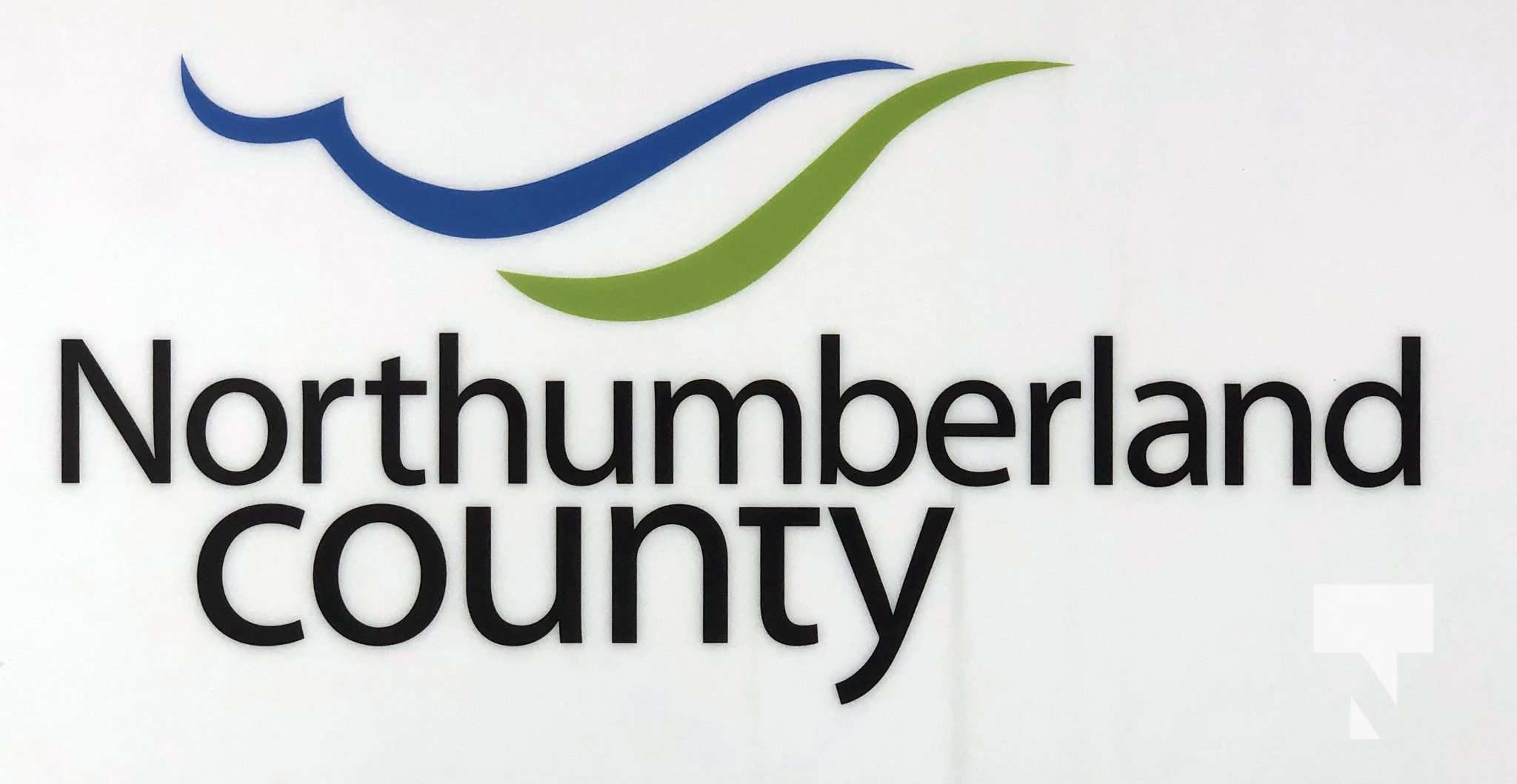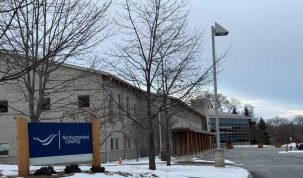By Cecilia Nasmith/Today’s Northumberland
In the first step of a new budgeting strategy for Northumberland County, Director of Public Works Denise Marshall and Director of Operations Adam McCue shared three-year budget projections for their division at Monday county council’s Public Works Committee.
One big change Marshall noted is the rise in the Dedicated Infrastructure Levy on your tax bill. Initiated a few years ago as a surcharge of 1% of the previous year’s tax levy as a means of beefing up the county’s capacity for contingency funding, it is rising to 2% and – by the end of the three-year cycle – 3% of the previous year’s levy.
Under Transportation, councillors heard of high numbers set aside for repairs and maintenance. Marshall attributed much of this to supply-chain issues that persist when replacements are needed, which then necessitate more proactive maintenance work on their existing fleet. She expects this to continue for the foreseeable future, especially for larger equipment.
“We know we have to wait two years for plow trucks,” she said.
“We are still waiting for a 2021 plow truck that we won’t get until, hopefully, next year.”
Under Waste Management, McCue predicted a “significant reduction” in the 2024 levy of about 18%, primarily driven by changes to how blue-box waste is collected. And the sale of the Material Recycling Facility in Grafton that was spurred by these changes means a $2.5-million decrease in costs from wages, benefits, training, materials and insurance that would have had to be paid for the facility.
Their waste-collection contract with Miller will rise in costs, due to Miller’s rising costs for things like fuel and wages – a 4.5% year over year, he said. But these will be offset by revenues from Circular Materials Ontario. This is the organization formed to address producers’ new responsibilities to look after the blue-box program formerly administered by municipalities. That’s about 40% of the waste collected, he estimated.
“We definitely won’t be losing money – we will be coming out a little ahead of the game,” McCue predicted.
Several issue papers were presented with the latest budget changes, including some new levies.
The new program at the Community Recycling Centres to divert asphalt shingles and dimensional lumber will cost $500,000 (half of that to come in 2025 and half in 2026), but will add seven months of additional capacity to the county’s one remaining landfill.
Scale-house replacements at the Bewdley and Seymour CRCs will run to $200,000.
Under the Facilities division, two new staffers are planned – a project manager and a securities infrastructure specialist – at a cost of $329,000 in 2024, $252,000 in 2025 and $252,000 in 2026.
Under Road Operations, a third supervisor will be added at a cost of $396,000 in 2024, $256,000 in 2025 and $256,000 in 2026. This will ensure overnight supervisor staffing which – with only two existing supervisors – became a rotating occasional duty that was far from efficient.
Also – at a cost of $396,000 in 2024, $256,000 in 2025 and $256,000 in 2026 – their six seasonal operator positions will become full-time. This will be offset by the higher level of services they can provide (such as handling the ditching, shouldering and brushing backlogs) and reduce the need for outside contractors.
And under Infrastructure, the plan is to convert the construction contract administrator to a full-time position from an eight-month contract at a cost of $9,225 in 2024, $48,100 in 2025 and $48,100 in 2026.
Asked about the relatively low cost of this staffing change, Marshall replied it’s this position already exists and the vehicle that goes with it is already in the county’s possession.























